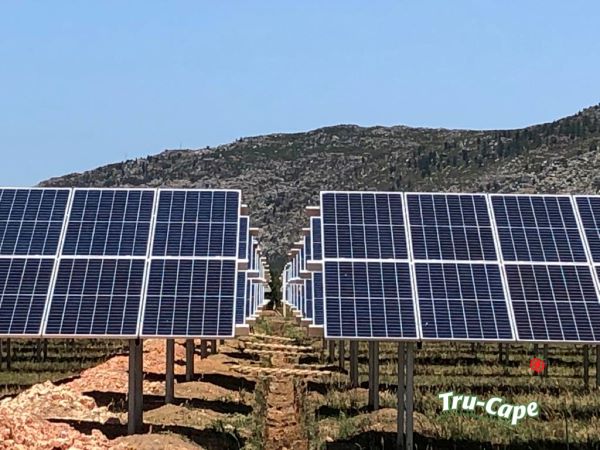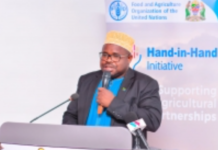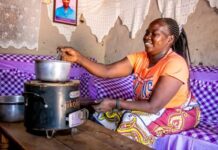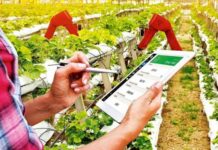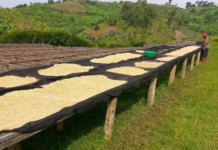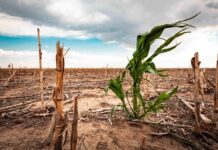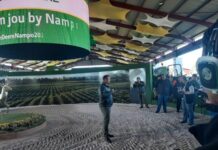Ceres Fruit Growers, the preferred employer in the verdant fruit producing valley, owns half of Tru-Cape Fruit Marketing which sells fruit from Ceres and Two-a-Day in Grabouw.
Pieter Graaff, one of the largest single apple and pear growers in South Africa was the 2018 National Farmer of the Year and is Tru-Cape’s chairman. In awarding the Farmer of the Year title and also the valued OSH Reinecke Award for innovation in Agriculture, Graaff was recognised for leading the industry in terms of forward thinking and best agricultural practice.
Witzenberg Properties, Graaff’s agricultural business, embarked on investigating alternative energy for use on its farms from early 2019. After doing a thorough analysis of its requirements, and the options available for alternative energy, Witzenberg Properties decided to install a ground mount Photo Voltaic Solar Plant for supply of electricity to two of its farming units, Die Eike and Dennekruin producing apples and pears.
In considering solar as an alternative source of energy, Witzenberg Properties not only reduces its carbon footprint but also tries to stabilise its supply of electricity to its primary production areas where irrigation of orchards in the summer months is critical. With the cost of electricity escalating and the technological gains made over the past few years, solar energy has become much more affordable. Introducing solar enables Witzenberg Properties to reduce it primary production cost, of which electricity is currently the forth largest expense.
“The first phase of the project will consist of 1904 Canadian Solar PV panels generating a total of 703 kW at peak. Witzenberg Properties partnered with New Southern Energy. NSE uses Solar Edge inverters in its installation of solar plants. The Solar Edge inverters enables the individual monitoring of solar panels and increased efficiency of the solar plant. Upon completion of all four phases of the project, the solar plant might be producing in excess of 2 400 kW peak, all tied into a central sub-station with integrated generators for power backup,” Pieter Graaff explains.
Roelf Pienaar, managing director of Tru-Cape Fruit Marketing, the largest exporter of South African apples and pears into more than 104 countries says: “We believe that the plant on Die Eike is the first of its kind in the Witzenberg Valley and the Ceres area, producing such a large amount of electricity for use in primary agricultural production. Our customers in South Africa and abroad tell us how important reducing the carbon footprint is to their customers and, consequently, Tru-Cape and its shareholders have dedicated teams looking at how to reduce non-renewable energy, water and to even further reduce plastics despite using recycled plastics in packaging.”
Pienaar ends saying that as important as the reduction of their carbon foot print is, investing in large-scale photovoltaic generation also means that the production line and cold-rooms can continue at full capacity with little risk of the cold-chain being broken even during the all to frequent power outages.”



